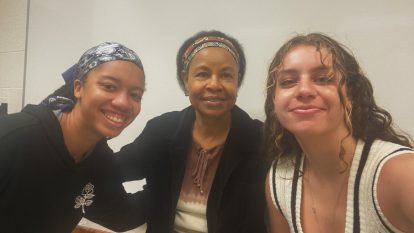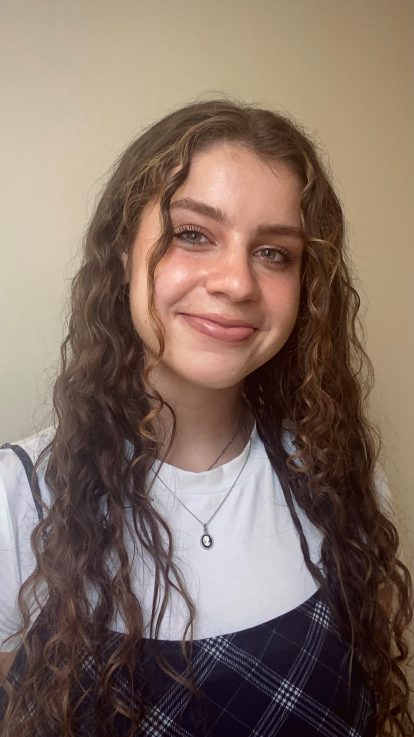Research Tutorial At Home with Dr. Rose Lugano
Documentation of for a Kitaita (Kidaw’ida)-English Dictionary: Final Review in Preparation for publication
The objective of the research was to conduct a thorough review of collected data for the English-Kitaita/Kitaita-English dictionary in preparation for publication. This entailed identifying missing data and entering as it was availed, editing the collected lexicon items and attaching the appropriate grammar information.
The Undergraduate Research Tutorial facilitated two undergraduate students–Lauren Gilbertsen and Alyssa Watson–to help the project by entering new collected data from Dr. Lugano and other Taita speakers working remotely with her. The students worked on an already existing online structured Excel-format sheet prepared by Jordan MacKenzie, a former UF student and current doctoral student in linguistics at Georgetown University, Washington, DC.

The undergraduate students worked towards identifying missing words and examples as they matched the English-Taita with the Taita-English sections of the dictionary, as well as entered and edited the collection. During the Undergraduate Research Tutorial at Home the team made great progress in the project. What remains is to take the data to the speaking community and give them an opportunity to edit and correct errors before publication. Dr. Lugano noted that the progress made on the project would not have been possible without the help of the student researchers.
 Student Feature with Lauren Gilbertsen
Student Feature with Lauren Gilbertsen
My role in the URTH project was to input new Taita words into the excel spreadsheet, then determine the noun class and part of speech of each word. In addition, I helped organize the excel spreadsheet and correct any grammatical or spelling errors for the English words. On occasion, I compared an English dictionary to the excel spreadsheet to find any basic words that should be added. Typically, I would spend about 6-8 hours a week editing and adding new words.
One of my biggest challenges was managing my time between this research project and my summer classes. I decided to take 6 credits of summer classes, so I had a very busy schedule. Of course, the other challenge was learning the grammar and diction of a language almost entirely unfamiliar to me. To be honest, I did not even know this language existed until
about a year ago, when Mwalimu Lugano talked about it in class. Although these challenges often proved to be quite stressful, this experience was one of the most rewarding endeavors of my academic career. This language is so utterly different from English, but I found myself enjoying the process of learning new phrases or words. I also noticed how similar this language was to Swahili.
When I made the decision to have an African studies minor, I never realized the impact it would have on my life and my career goals. As an Animal science major, I thought that having a minor in African studies would complement my major and add more range to my resume. However, as time progressed, I started to learn Swahili and East African culture. And from there, the trajectory of my academic and career intentions changed. After I graduate, I plan to attend graduate school and research ruminant nutrition. However, with my knowledge of this East African language, my research is not just limited to scientists that publish their work in English. I can study research published in Swahili, written by East African scientists. Subsequently, I can expand my research focus from just dairy cows, to other ruminants native to the African continent; this includes animals like Giraffes, Camels, Okapi, Wildebeest, Goats, and many other species. Eventually, I could even contact an East African scientist and we could discuss our research!
*Taita- This is the East African language that we are constructing a dictionary for. Specifically, Mwalimu Lugano speaks the Daw’ida dialect.
*Mwalimu- This is the Swahili word for “professor” or “teacher”. I refer to Dr. Rose Lugano as Mwalimu.
*Ruminant- A ruminant is a hoofed herbivorous mammal that acquire nutrients from a plantbased diet via fermentation in their stomach. Specially, these animals have 4 compartments in
their stomach to assist in this fermentation process. (My current focus is dairy cow nutrition)